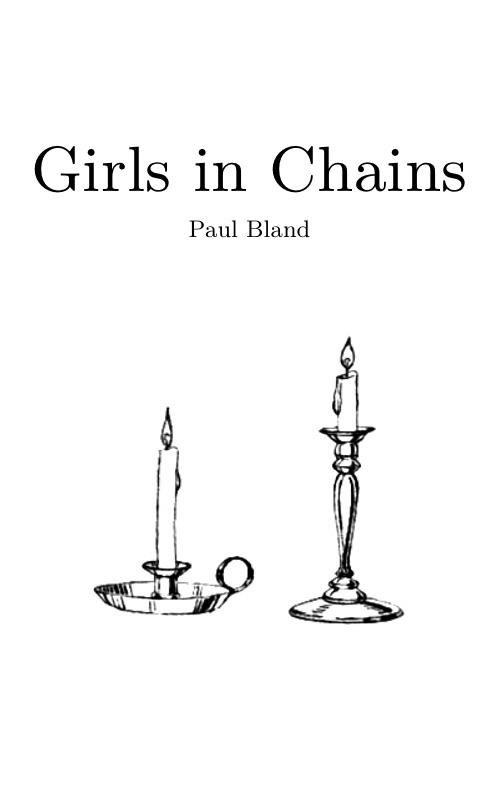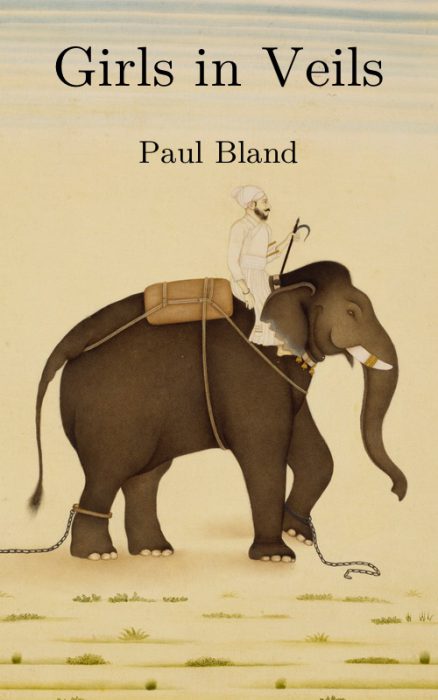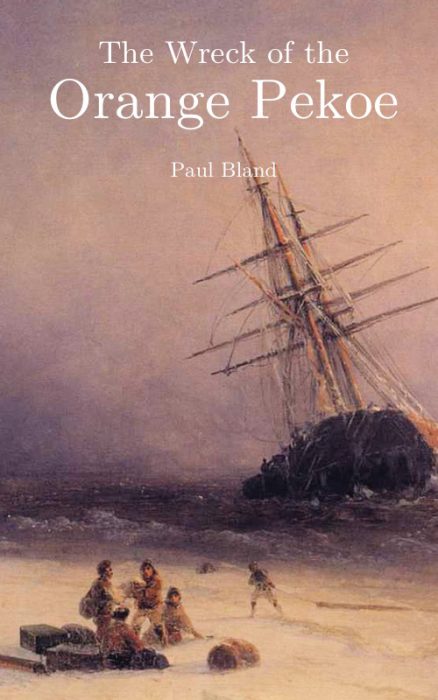Description
This has always been one of the girls’ favourite stories. It reads well aloud and there is the added cachet of seeingjustice finally done to the girls and Dudley Dursley.
There is a naiveté about this story that is a feature of most of the stories. Widow Twankey is a pantomime figure, of course, and there are plenty of stereotypes in the guests at Dursley hall and among the servants. The treatment of children [and adults] in the Workhouse, the grinding drudgery of domestic servants and the vulnerability of the poor were very real in early nineteenth century England and although they are presented in a soft light here, the story does hint at the darkness behind the façade. The terrible reality of life for convict women is also hinted at. I’m guessing that many convicts felt as the girls did when they arrived in Australia: that here was a new chance for them to build a life away from the inequities of England.
Acute readers will pick up some little touches here and there. Captain Price, of course, is the brother of Fanny Price from Mansfield Park. Mabel Chottapeg reappears in Girls in Veils as the light hearted young widow of the Bishop of Calcutta.
The theme of redemption is always there in my stories – even for a villain like Dudley Dursely.





